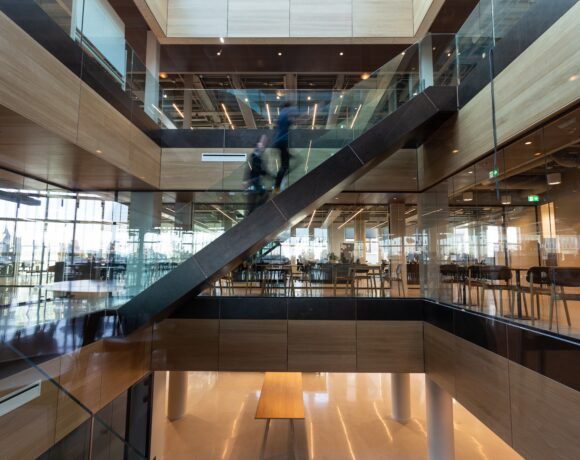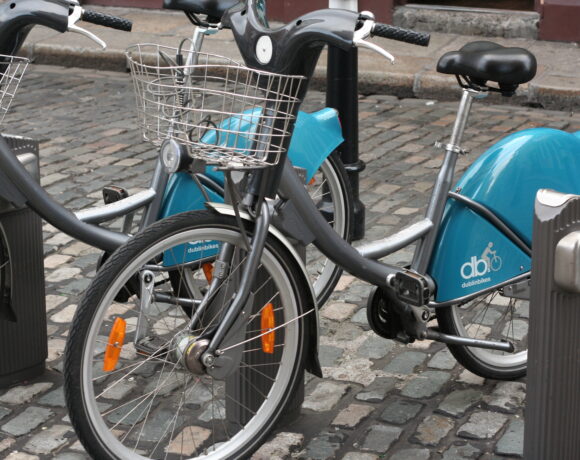Researchers from RCSI have discovered that poor transparency containers can be used for solar water disinfection, and this new discovery will increase the range of containers that will be used to disinfect water in low-resource communities in low to middle-income countries.
The research paper, published in the ‘Journal of Environmental Chemical Engineering’, is an outcome of the PANIWATER study led by Professor Kevin McGuigan, Department of Physiology and Medical Physics, that is developing low-cost technologies to reduce the number of people worldwide who rely on unsafe drinking water.
Solar water disinfection (SODIS) involves filling transparent plastic containers with the available water which is then exposed to direct sunlight for between six to eight hours. The disinfection of water using sunlight is stimulated by UV photons passing through the jerry can material in order to inactivate the waterborne pathogens. The discovery that SODIS can be achieved using translucent containers greatly increases the range and variety of vessels that are suitable for solar disinfection.
Access to safe and clean drinking water is a key global health priority and improving water supply and sanitation is a key driver of economic growth and poverty reduction. Over 2 billion people living in water-stressed countries use contaminated sources of drinking water leaving them susceptible to waterborne diseases such as diarrhoea, cholera, and dysentery. Communities in water-scarce areas have no alternative but to rely on contaminated drinking water and risk fatal outcomes.
Professor Kevin McGuigan, Department of Physiology and Medical Physics, RCSI, said, “this is an exciting discovery because it gives communities greater access to clean fresh water. We know from the impact of solar disinfection that this will reduce the cases of waterborne diseases and related deaths in the communities that use this technology. We will continue with our research to identify more suitable materials for larger SODIS containers and to combat the effects of weathering on the vessels.”
RCSI is a signatory to the UN Sustainable Developmental Goals Accord and this year ranked first in the world for SDG (good health and well-being) in the Times Higher Education Impact Rankings. The PANIWATER project is one of a number of global health projects through which RCSI is contributing to efforts to address the greatest public health challenges.
The PANIWATER project has received funding from the European Commission and the Department of Science and Technology of the govt. of India under the European Union’s Horizon 2020 research and innovation programme.
Source: RCSI













